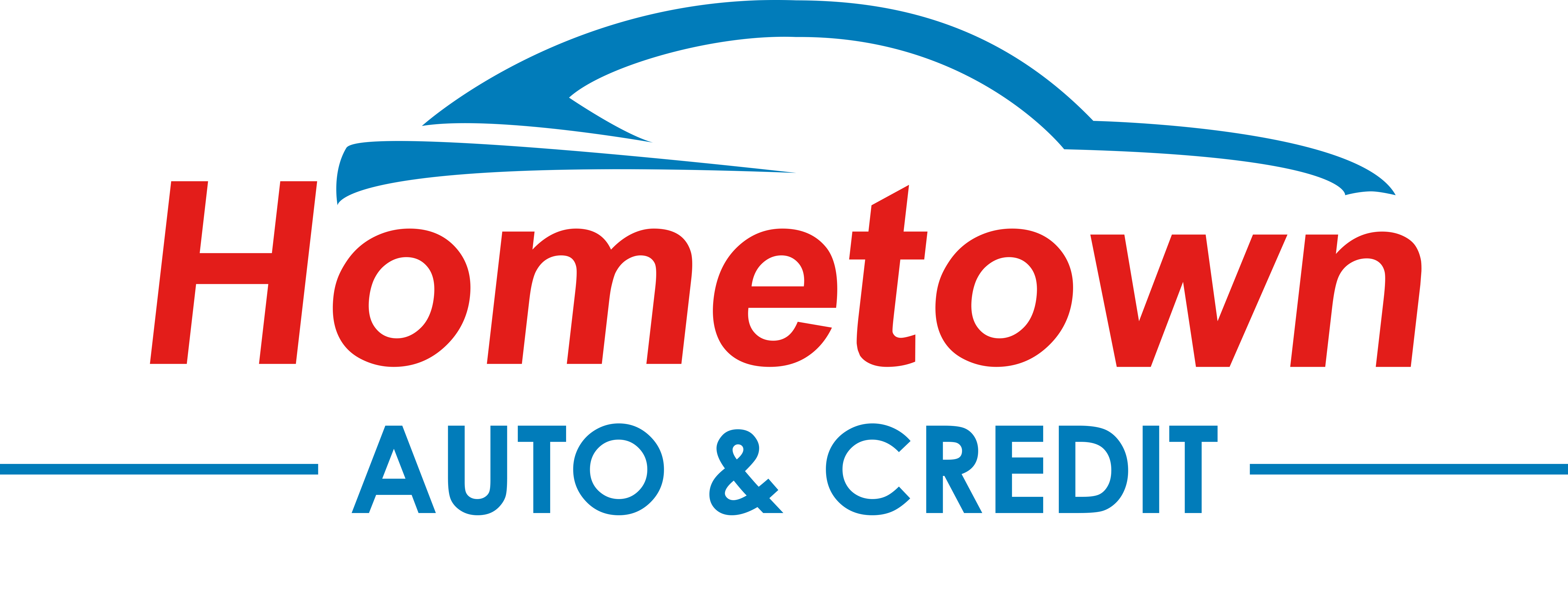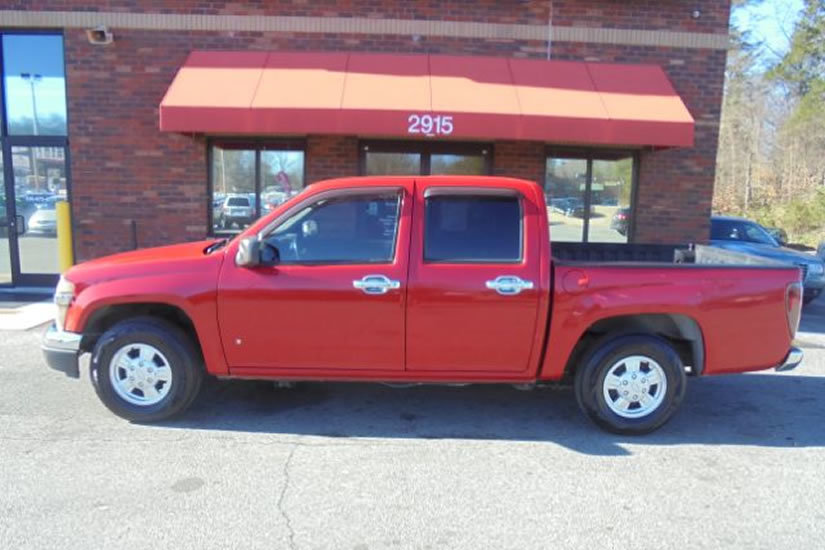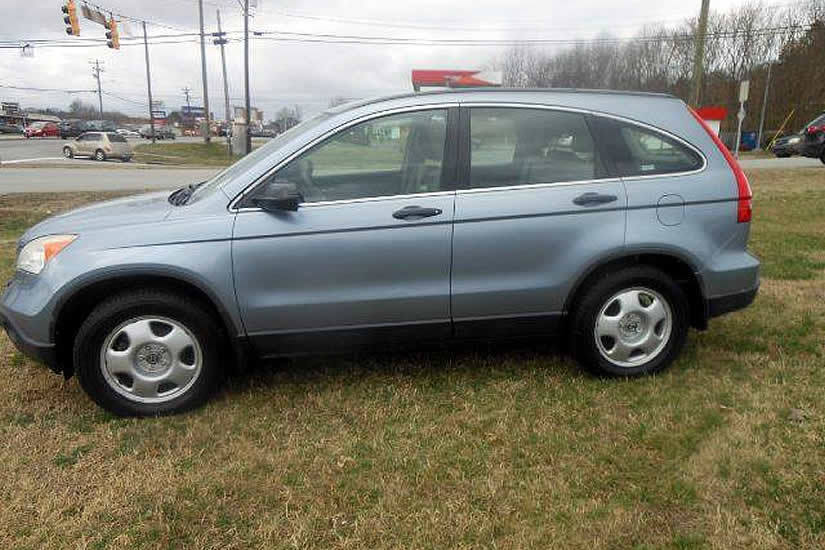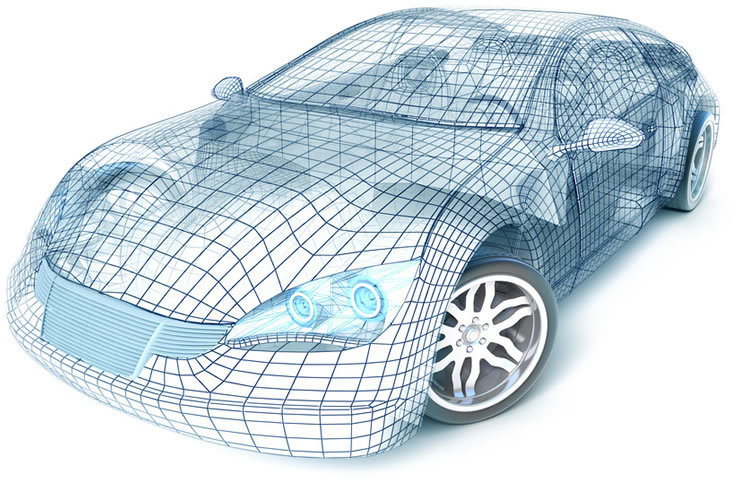In North Carolina, your car must be inspected yearly by a Certifed Vehicle Inspector before you can renew your registration. For most counties in the state, the process consists of two parts: vehicle emissions and safety inspections. These inspections ensure that your car is safe to drive and isn't emitting harmful fumes into the environment. Although the cost of the inspection itself is minimal, if you fail the inspection, the repairs can add up. Here's how you can get your car ready to pass with flying colors.
- Get a tune-up and an oil change. Before an inspection, bring your vehicle in for an oil change and tune-up. When your oil is clean, and your engine is in good working order, it will run more efficiently and emit fewer toxins.
- Check your tire pressure and look for excessive tread wear. It is dangerous to drive when your tires are not in optimal condition. You may fail an inspection if your tires are showing significant signs of wear.
- Inspect brake pads for wear. To pass inspection, your brakes must be in good working order. For your safety, and the safety of the other drivers on the road, make sure your brakes are regularly maintained.
- Test all lights. All lights must work correctly to pass inspection. Check brake lights, head lights, and interior lights before you have your vehicle inspected.
- Make sure warning lights are not illuminated. If you notice your "check engine" light illuminated on your dashboard, have a mechanic check out your vehicle before the inspection to determine the cause. Warning lights indicate a problem that needs to be addressed.
If your vehicle fails the inspection, you will need to make the necessary repairs and undergo another inspection. Not only is this costly and inconvenient, but you will also delay the registration process. Take the time to scrutinize your car before you bring it in to ensure a passing mark.




